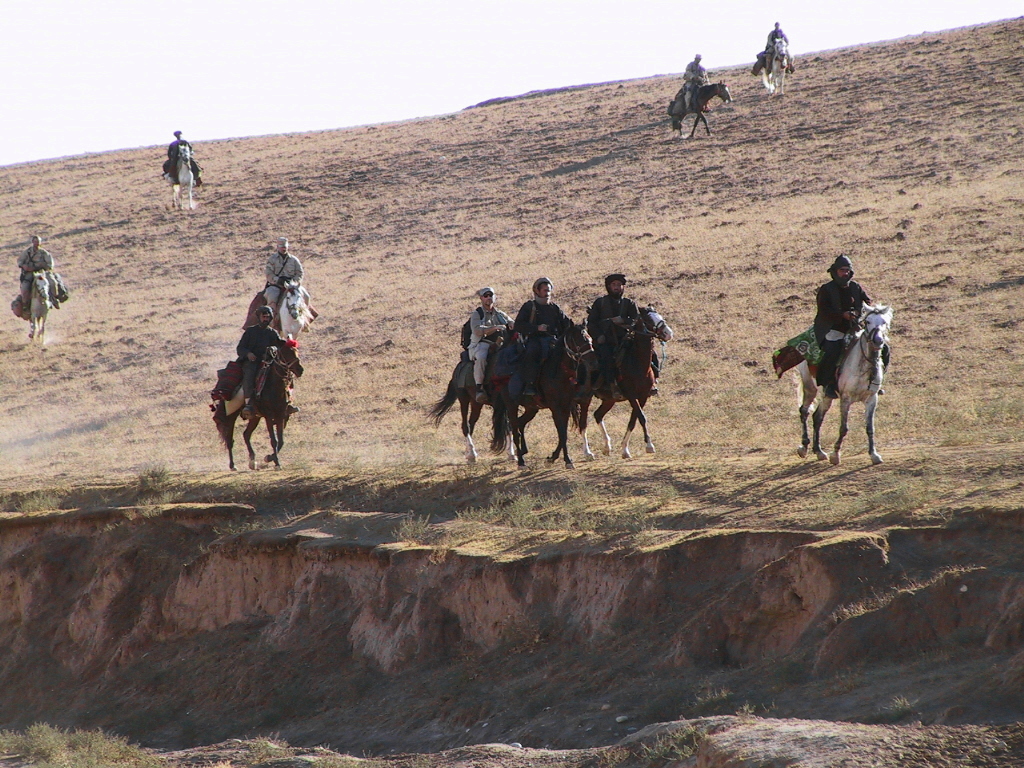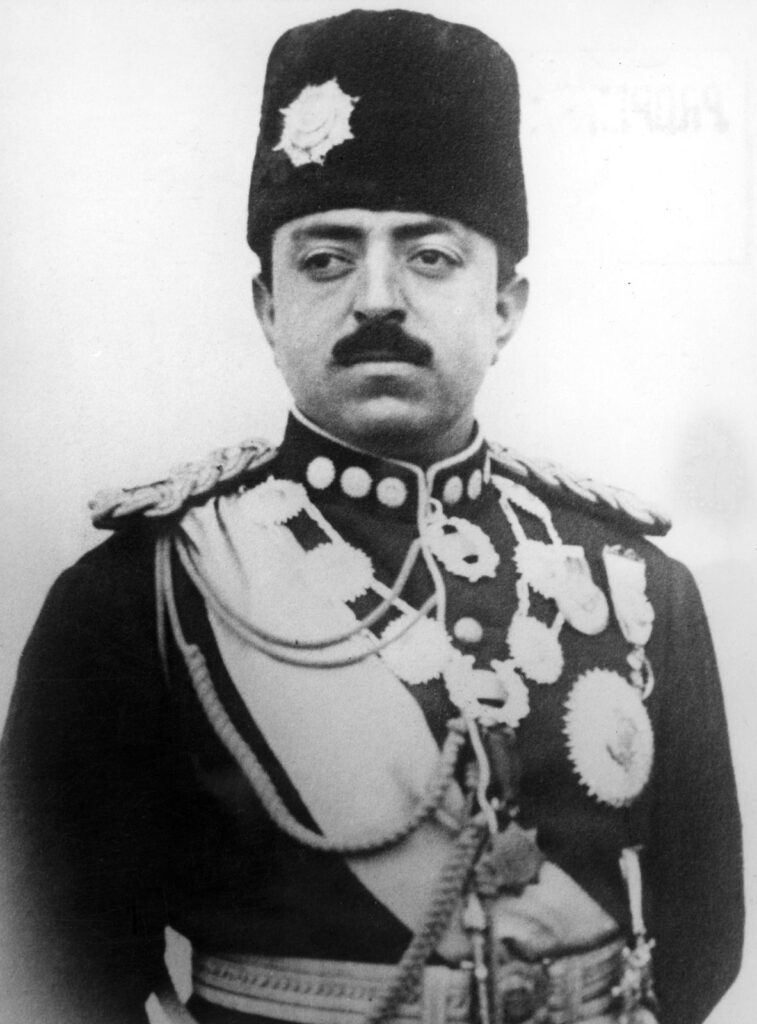
Garrett Withington
Looking at photos of Afghanistan during the 70s induces melancholy. You see the faces of smiling women, liberated in their dress, books in hand, with a demeanour seemingly unaltered by decades of war. Afghanistan’s liberal period may not have been as hedonistic as its American counterpart, without the free love and drugs, and the skirts not hiked quite so high, but old photos show a happier liberalising society. For those that grew up following the War on Terror these images have never been within your psyche.
The recent past shows an astonishing fluctuation when it comes to freedoms in regards to women’s educational rights. It is a sad cycle of improvement, followed by repression, improvement – and now, following Biden’s decision to withdraw, the return of that repression.
During the years of monarchy, before the existence of the Taliban, there was hope which we need to learn from now. Reformist kings such as Abdur Rahman Khan, followed by his son, Amir Habibullah Khan, drove through reforms that would liberalize not only Afghanistan’s education system, allowing women to study, but also abolish other long held customs such as forcing a woman to marry her deceased husband’s next of kin.
Afghanistan’s sprawling and mountainous landscapes, however, have not only been the bane of armies who have sought to conquer the country – earning it the title of ‘the Graveyard of Empires’ – it has also made it difficult to form coherent governments to exert control over all territories. Due to its mountainous terrain, Afghanistan has tended to be split between its urban progressive centres, and the rural tribal Mullahs which favour tradition. The Mullahs see liberal reforms in regards to women as a threat to their culture, where the state’s interference within education and marital institutions are interpreted as a challenge to their power-base which is ultimately based on a patriarchal system.
It is easy to forget how long this oscillation between the two has been going on. A period of liberalisation was begun by Habibullah Khan until his assassination in 1919. Before his death he achieved much, bringing modern medicine and technology to Afghanistan. His son, King Amanullah Khan continued the liberalisation in 1919 as sovereign of Afghanistan, but then was forced to flee the country in 1929.

Khan’s reign is a reminder of the uneasy relationship Afghanistan has always had with modernity. There is, for instance, the story of Queen Soraya ripped off her veil following her husband’s suggestion that Islam did not require women to wear a face covering, inspiring other dignitaries wives to follow suit. A trip to Europe and Turkey inspired the royal couple who had taken many of their initiatives from the west, but images which made their way home proved too much for the rural tribal leaders who once again felt their power being diminished, and a new culture forced upon them.
It is telling that many of those who sought reform were well travelled, inspired by their visits to Europe, understanding the benefits of the most basic rights in liberal societies. It was those that were threatened of their own position that clung to archaic notions of the bride price and iron clad control over women.
So it was both a story of East v West, but also a story of urban v. rural. Kabul became a cultural centre, and developed modern notions from other cultures, but these developments have never been popular beyond the cities. Despite reforms, education remained far less common in rural areas than it ever did in the capital. Regardless, in the 1920s, schools for women once again closed across the country.
It would not be until the Soviet installed puppet government in the 1970s that a programme of mass literacy for women encouraged education to the extent that women might contemplate joining the workforce. But again, progress was piecemeal. Women were stalked and threatened, with reports of women in western clothes being shot as tribal chiefs saw compulsory education, especially for women, as not only going against the grain of tradition, but also as an essentially irreligious challenge to male authority.
Following the Soviet invasion in 1979, the mujahideen gathered forces, forming the revolutionary army, with the main purpose of preserving their traditional culture. Backed by a Coalition led by the United States, they would be installed in government only to later be overthrown by the same coalition due to their barbarity. As the world now knows, their successors – the Taliban – would prove to be worse. Here began the true apartheid of women within Afghan culture that we are all familiar with. Radio Sharia played in the streets; face coverings and beard lengths were enforced. Worse, all educational facilities were shut to women. That now included secret private institutions.
The 2001 invasion and occupation by Allied forces would again see a reprieve and much progress was achieved during that time. But in 2021, when the Afghan army disintegrated, images soon flooded the news sites showing the Taliban enacting brutal reprisals on all those who worked against them. What will happen to women’s education? Who knows, but you can have a pretty good guess.
The sound of silence has once again swept across Afghanistan with the banning of music and the closing of music shops. There have been reports of intimidation as well as reports of murder of artists. The well-known folk singer, Fawad Andarabi was executed in the Baghalan province. Meanwhile, comedian Khasha Jawan was murdered in Kandahar. This makes any predictions – such as those put forward by Boris Johnson – that the Taleban have changed hollow indeed.
In addition, according to UN High Commissioner for Human Rights, Michelle Bachelet, beheading have returned. This shows that the Taliban are flagrantly willing to break their promise not to enact reprisals against those who worked against them. Thieves who are caught are treated with medieval justice, having their hands cut off.
Despite promises of respecting women’s rights, Sharia law has returned. Women have been told that they can only have ‘low-level’ jobs in government, within the civil service. Female students must now cover their faces again, and classrooms are now segregated again in classes.
Afghanistan’s women’s cricket team have been disbanded with Ahmadullah Wasiq, the deputy head of the Taliban’s cultural commission saying that women’s sport was not considered necessary or appropriate, and would be banned.
It is a miserable situation, but one which reminds us of the importance of education. Why is it that we feel such grief for those who are excluded from it? It is because education allows to develop the skills of independent thought. It is surely fromthis that the deeply patriarchal Taliban society fears: female education is a challenge to their dominance.
In some ways, America created the conditions for this reaction. According to US government reports, $787 million was spent on gender studies. This didn’t lead in and of itself to the fall of Afghanistan but it certainly demonstrates how America operated in way antithetical to the traditional beliefs which governed much of Afghanistan.
So the situation in Afghanistan demonstrates not only the necessity of education for women but for all. Though the Taliban have promised some educational rights for women, early reports suggest that they are to be limited to religious teachings -making it more akin to indoctrination. This will not be as General Sir Nick Carter called it “an Afghanistan inclusive for all”. Afghanistan has never been like that – and it’s only now that we can gauge the grief of the Biden’s administration’s botched evacuation.